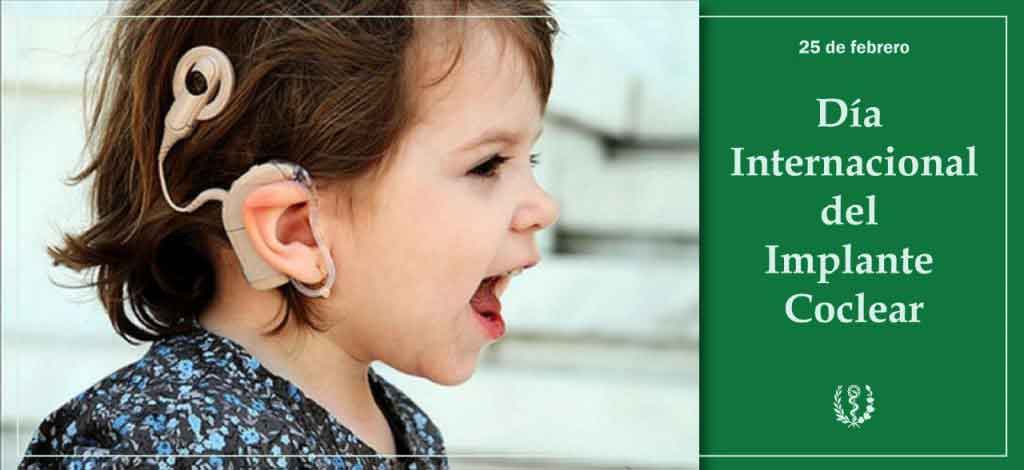On February 25, 1957, the first cochlear implant worldwide was performed by French Doctors Andre Djourno and Charles Eyries, who made history by making a totally deaf person hear.
Among the specialized services provided by the Cuban healthcare system is the National Cochlear Implant Program, which has been developed for 25 years, prioritizing children with multiple disabilities, including deafness and blindness.
The technique is an electronic device that turns sound signals into electrical ones, which are sent to the brain and interpreted as sound.
Cuba performed the first extracochlear single-channel implant in 1987, and 10 years later, intracochlear multichannel implants began at the Hermanos Ameijeiras Hospital in Havana.
The program has a multidisciplinary, interinstitutional and intersectoral approach for the Specialized Service of Cochlear Implant and Complex Ear Surgery, located in the capital’s Borras-Marfan Pediatric Hospital, which is articulated with all Cuban provinces.
Every year, around 30 children are candidates for a high-tech implantable device, so that they can achieve linguistic rehabilitation and social inclusion, Dr. Sandra Bermejo, a specialist in Otorhinolaryngology and head of the Specialized Service, told Prensa Latina.
So far, 565 implants have been performed (10 of them bilateral) to 552 patients (including 38 deaf-blind), and currently over 100 potential candidates are in the process of evaluation, the specialist explained.
 Escambray ENGLISH EDITION
Escambray ENGLISH EDITION





Escambray reserves the right to publish comments.